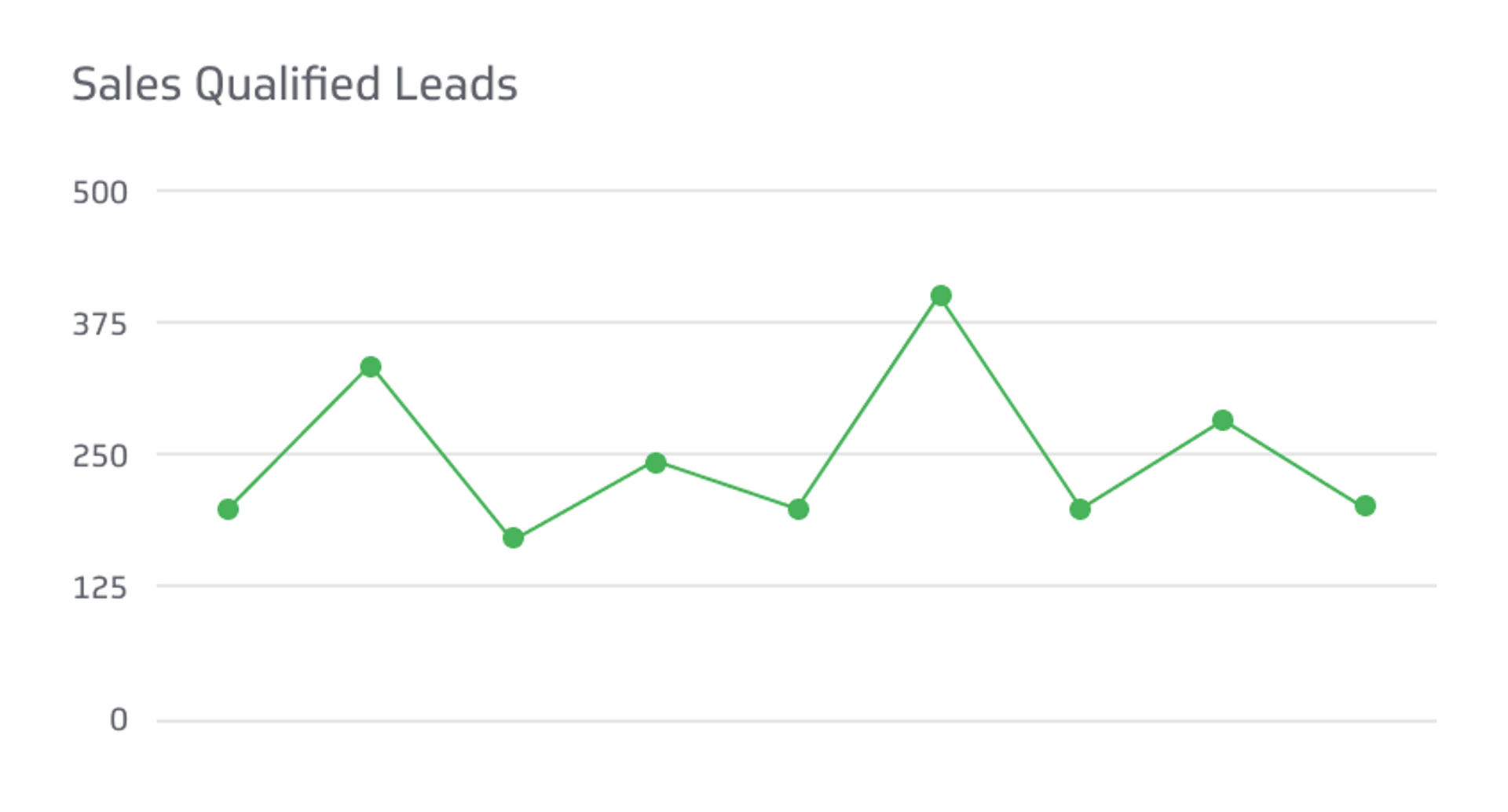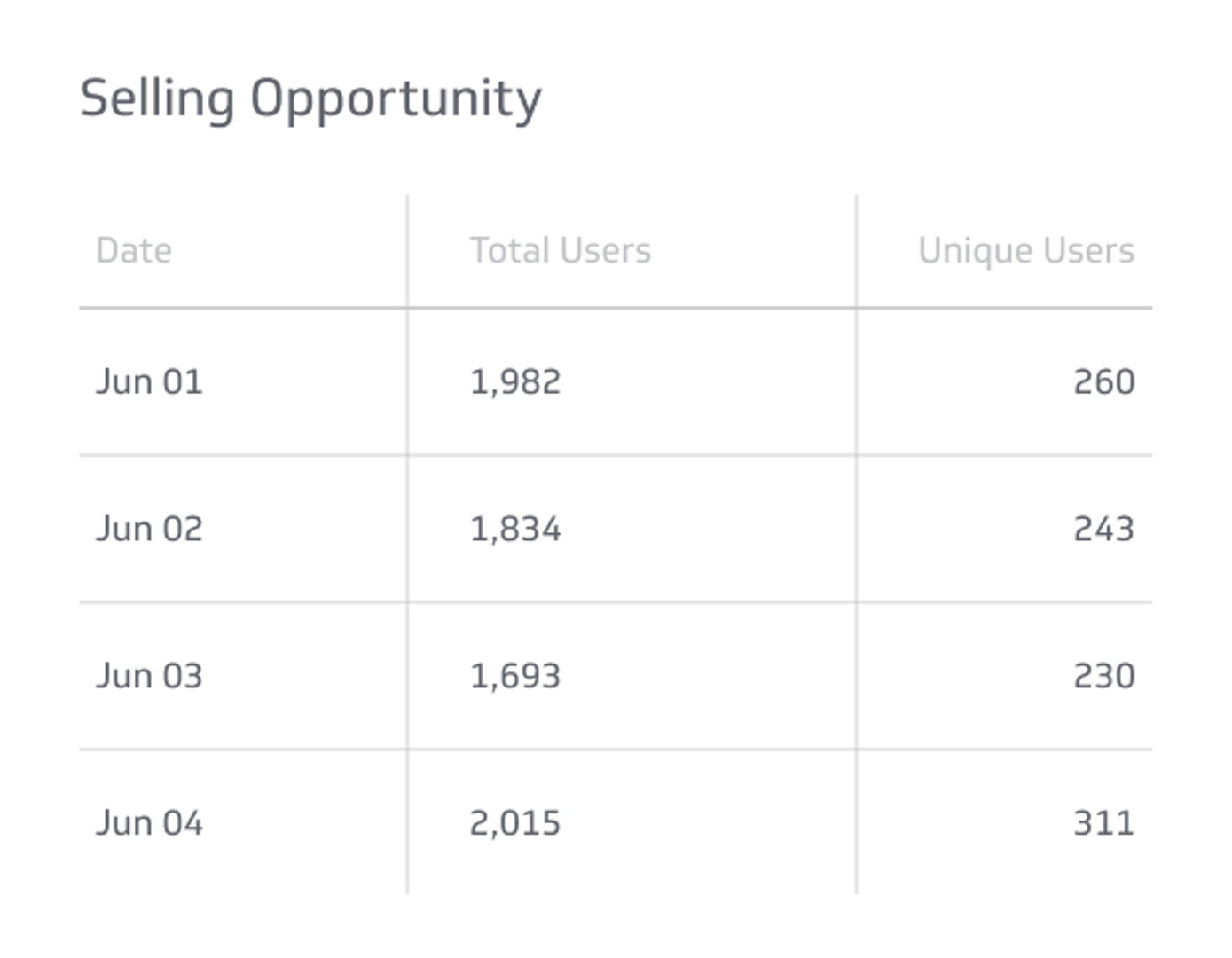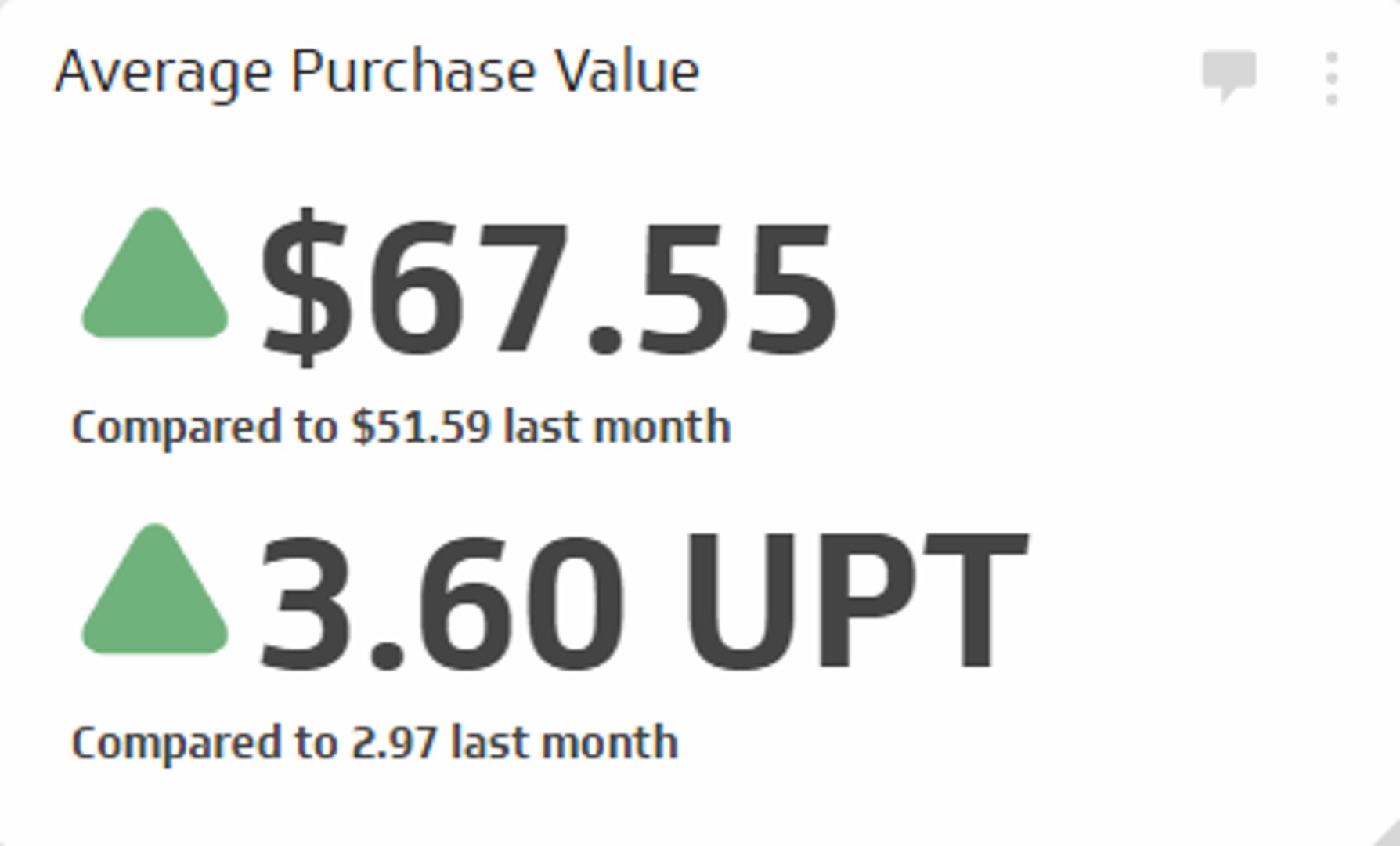Sales Qualified Lead (SQL)
An SQL is a potential customer who has moved through the sales process and has expressed enough interest that the sales team can concentrate on converting them into active customers.
Track all your Sales KPIs in one place
Sign up for free and start making decisions for your business with confidence.

Are you aware of what a Sales Qualified lead (SQL) is? As a business, you should recognize and understand the differences between an inquiring customer and a high-value SQL that can positively benefit your company. Knowing who to focus on when building customer relationships is key to success.
This blog post will discuss the definition of Sales Qualified Leads (SQL) and where it fits within the sales process. Additionally, we will discuss how to qualify leads in sales and compare SQL vs. MQL and SAL vs. SQL.
So, What Is a Sales Qualified Lead?
An SQL is a potential customer who has moved through the sales process and has expressed enough interest that the sales team can concentrate on converting them into active customers.
Once someone has become an SQL, they have moved beyond general curiosity and are on the verge of becoming a paying customer - something every sales team strives for.
What's the Difference Between a Sales Qualified Lead (SQL) And a Marketing Qualified Lead (MQL)?
An MQL is a potential client the marketing division deems promising enough to nurture. These leads are typically in their buyer's journey's awareness and interest stages. They could turn their curiosity into a purchase decision with the right nurturing.
However, MQLs are, by their nature, not ready to purchase.
On the other hand, Sales Qualified Leads are ready to speak with a sales representative and are much closer to making a purchase decision. Understanding the difference between these two types of leads helps with optimizing marketing and sales efforts in any business.
What's the Difference Between Sales Accepted Leads (SAL) And Sales Qualified Leads (SQL)?
Companies must find ways to efficiently and effectively transition marketing-generated leads to the sales team as they grow. Two terms often used in this process are Sales Accepted Leads (SAL) and Sales Qualified Leads (SQL).
While they may be similar in name, they are not interchangeable. A SAL is an MQL deemed sales-ready and forwarded to the sales team.
In contrast, an SQL has gone through additional qualification by the sales team, typically through a phone call or email exchange, and is now ready for personalized attention from the sales staff.
Understanding the difference between these two terms can help streamline your lead generation process and ensure that your sales team is focusing their efforts on the most promising opportunities.
Why Does SQL Matter?
In the world of sales and marketing, wasted time and resources can be detrimental. This is why you need to understand the importance of Sales Qualified Leads (SQLs).
By nurturing these leads, your marketing team can identify potential customers who are likely prepared to purchase and engage with your sales staff. However, without proper qualifying, your sales team risks engaging with customers who are not yet ready to buy, wasting time and resources.
This is where SQLs come into play, providing a valuable tool for ensuring that your sales team is targeting the right customers at the right point in their buying journey. That's why SQLs matter - they help increase the efficiency and success of your sales process, ultimately leading to growth and success for your business.
By tracking Sales Qualified Leads (SQLs), businesses can gain insights into the success of their marketing efforts and find valuable ways to improve. For example, understanding what brings SQLs in and their conversion rates can help companies target their efforts more effectively and close more deals.
Consistently generating leads also allows brands to tailor their messaging to their audience better and ultimately increase their efficiency in marketing and selling. These benefits make SQL a unique tool for any business looking to stay competitive in today's marketplace.
How SQLs Are Qualified
The requirements for qualifying SQLs can vary greatly depending on the industry, company size, and product offerings. Prioritize leads who have a genuine need for your services, have expressed previous interest in your business, and have a budget that allows for purchasing your products.
Sales teams know that an SQL is a high-value lead, but closing a deal is never a given. Despite the challenges, having a clear picture of what qualifies as a Sales Qualified lead is good for a company's sales success.
How To Qualify Leads in Sales
As businesses aim to increase their revenue and grow their customer base, qualifying potential leads is paramount. One commonly used method is the BANT technique. This technique evaluates a lead's Budget, Authority, Need, and Timeline to determine their potential as a customer.
In the following sections, we will delve further into each aspect of the BANT method and provide tips on implementing it effectively.
Budget
Ensuring that all leads are qualified is vital to any successful business. One key aspect of this is determining a potential customer's budget. No matter how much they may love your product or service, if they cannot afford it, they are not a qualified lead.
Therefore, to save valuable time and resources, it is necessary to identify and eliminate these individuals early in the sales process.
While there are various methods to achieve this, the most straightforward and effective approach is to ask if they are comfortable with your pricing directly.
This simple technique can save your team a great deal of time and effort, enabling them to focus solely on those who are genuinely interested and financially able to make a purchase.
Authority
The BANT technique has long been a staple in the world of sales, and a key component of this technique is determining the level of authority of the person you are speaking with.
Without speaking to someone with purchasing power or, at the very least, a high level of influence, your efforts may be in vain. It's not just about finding the decision-maker but the person who can make things happen.
In today's fast-paced business world, time is money, and as sales professionals, we must use every opportunity to streamline our processes.
By reaching out to the right people from the get-go and establishing their level of authority, we can increase our chances of success and make every interaction count.
Need
The 'N' in BANT stands for need and highlights the importance of understanding a client's requirements before attempting to convert them. Marketing to businesses that do not require your services is a waste of both time and resources.
Focusing on businesses with a need will reward your efforts with higher conversion rates and a more sustainable business model.
Incorporating the BANT technique into your sales process can help your team work smarter, not harder, and ensure that your efforts are directed toward potential clients who will truly benefit from your services.
Time
Identifying a prospect's timeline for purchase helps to ensure your team's success. Without knowing when the prospect plans to buy, your staff wastes time and resources chasing a potential sale that may never come.
The importance of timing is often overlooked, but it can make all the difference regarding the sale's success. The ideal situation is working with prospects who are ready and willing to buy within the next three to six months.
This streamlines the sales process and ensures that your team's time and efforts are used more efficiently. So remember, when it comes to selling, timing is everything.
Ways To Increase Sales Qualified Leads
Here are a few strategies to help you generate Sales Qualified leads.
Set Up Lead Magnets
For businesses looking to increase sales of qualified leads, offering freebies as lead magnets can be an effective strategy. By providing valuable content such as whitepapers, cheat sheets, or eBooks, prospects will find it worthwhile to exchange their contact information.
This lead generation method allows the opportunity to engage with potential customers who may not have otherwise been interested in your product or service.
Implementing lead magnets as part of your sales strategy can help to cultivate a relationship with future customers, ultimately contributing to the growth of your business.
Engage and Delight Your Leads
In the sales world, the key to success is often attributed to how well businesses can generate qualified leads. But, of course, it's not only important to generate leads, but also to ensure those leads convert into sales.
So, how can you increase your Sales Qualified leads? The answer is relatively simple; you need to engage and delight your leads. It's one thing to get someone's contact information but to convert them into a paying customer, you must first establish trust.
Don't bombard them with pushy sales tactics; instead, send them helpful, informative emails that help establish a relationship.
Once you have forged a bond, you can gently push for their business. Avoid being too assertive, and remember that the ultimate goal is to create a beneficial partnership for both parties.
Know Your Leads
As a business owner, you always look for ways to attract new customers and increase sales. One of the most effective ways to do this is by focusing on Sales Qualified leads. Knowing your leads helps improve your chances of turning them into customers.
By studying your leads, you can better understand their needs and desires, which allows you to categorize them based on their level of interest. This information reveals where they are in their relationship with your product and what information you need to convey to them to influence their buying decision.
With this knowledge, you can tailor your approach and increase your chances of closing the deal. So, take the time to know your leads, and you'll see an improvement in your Sales Qualified lead generation.
Ask For More Contact Information
As businesses strive to increase their sales qualified leads, they should consider the benefits of asking for more contact information from potential customers.
While most forms only require a name and email address, giving leads the option to provide additional information, such as a phone number, can significantly enhance your sales efforts.
By doing so, you can identify those more likely to purchase and prepare targeted sales pitches for them. Plus, when a lead provides their phone number, it indicates they want to hear more about your product or service.
Therefore, expanding your contact information requirements is a key strategy for improving your sales and ultimately growing your business.
Conclusion
Sales Qualified Leads are an important aspect of any business's success. Engaging with and qualifying SQLs through the BANT technique can save time and increase your efficiency in generating leads. In addition, by being more strategic in allocating resources, you will also get the most out of each customer and increase sales.
Ultimately, recognizing SQLs as an integral part of your sales funnel helps create a bigger impact for your business in the long run - making them an irreplaceable asset for any company looking to be successful.
Related Metrics & KPIs



